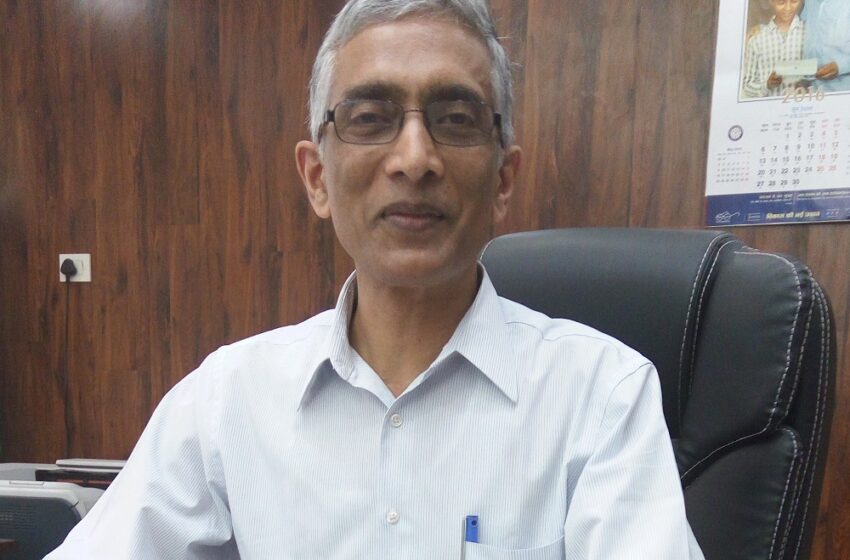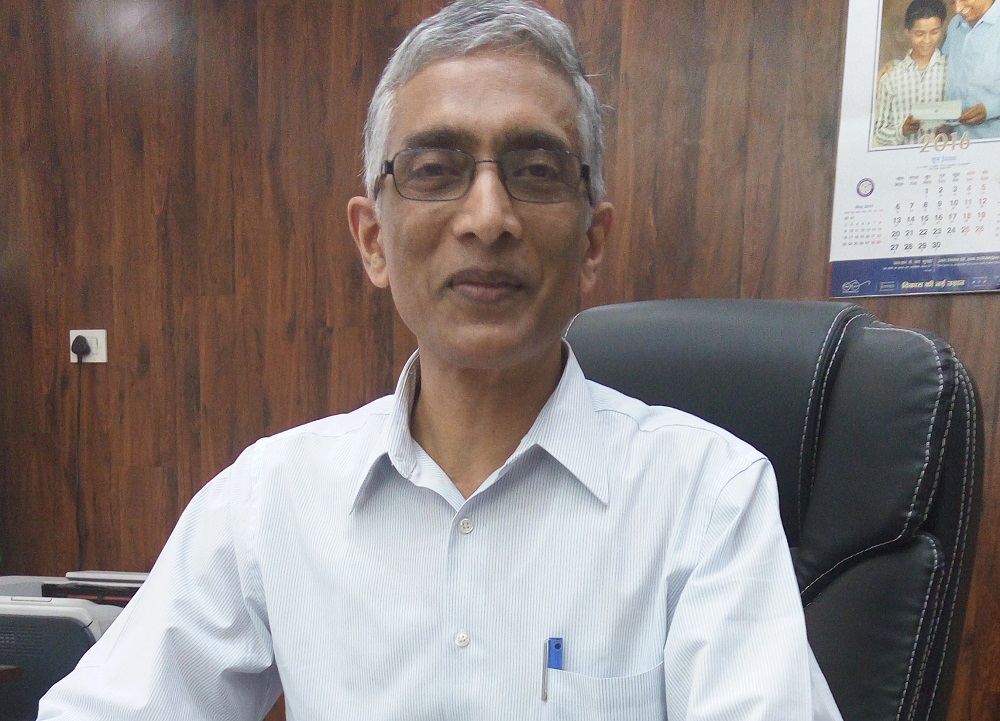Parameswaran Iyer takes charge as World Bank Executive Director

Paramesawaran Iyer

Architect of India’s sanitation revolution says “If young changemakers follow the courage of their convictions, they can literally change the world”
Parameswaran Iyer, an Indian civil servant who led the implementation of Swachh Bharat Mission, India’s sanitation revolution, has taken charge as Executive Director, World Bank, representing India, Bangladesh, Bhutan and Sri Lanka.
“A privilege to take charge last week in Washington DC as Executive Director, World Bank, representing India, Bangladesh, Bhutan and Sri Lanka,” the former CEO of NITI Aayog, Indian government’s apex policy think tank, tweeted Tuesday.
Iyer, 62, was chosen by Indian Prime Minister Narendra Modi in 2016 to implement Swachh Bharat Mission (SBM), the country-wide sanitation campaign to eliminate open defecation and improve solid waste management.
Read: Swachh Bharat changed behavior of over 500 million Indians: Parameswaran Iyer (February 27, 2021)
Iyer reportedly achieved the mission’s goal of building 110 million toilets in five years in an unconventional and “non-bureaucratic” style which increased efficiency and delivery and led to the success of the program. In 2019, India was declared as Open defecation free on Mahatma Gandhi’s 150th birthday Anniversary.
A UNICEF study estimated that a household in an ODF village saves an average of up to Rs 50,000 annually on such expenses as treatment of illnesses. The biggest success of the program was to bring behavioural change at grassroot level through awareness campaigns and mass contact programs.
He was also given the additional charge of the Jal Jeevan Mission, with the goal of providing piped water supply to all households by 2024 through integrated water supply management at the grassroots.
In 2020, Iyer quit the civil service to become the CEO and Manager of the 2030 Water Resources Group, a public-private-civil society partnership hosted by the World Bank. Two years later he returned to head the NITI Aayog.
The son of an Indian Air Force officer Air Marshal P V Iyer (Retd), he also served as a Professor of Management Practices at Indian Institute of Management (IIM), Ahmedabad.
In an interview with the American Bazaar in 2021, Iyer described SBM as “a transformational national flagship program,” which succeeded in changing the behavior of over 500 million people in rural India and transformed their lives, especially those of women and girls.
“It truly became a jan andolan, a people’s movement, akin to a sanitation revolution,” he said attributing the success of the mission to four critical factors or the 4Ps: Political Leadership; Public Financing; Partnerships and People’s Movement.
“Based on the earlier experience of sanitation programs in India as well as globally, we knew that sustaining the behavior change of toilet usage would be as challenging as achieving universal access to sanitation,” Iyer said.
“Old habits die hard and open defecation is a habit that goes back generations,” he said. “It was key that all stakeholders continued their efforts to sustain safe sanitation practices, and also ensured that gaps, if any, were plugged and that no one was left behind.”
“Systems were therefore developed to ensure sustainability, including continuation of the communication campaign, capacity building at the local and community levels and incentivising key stakeholders,” Iyer said.
Asked about his advice to young changemakers in any sector to make the world a better and more equitable place, Iter said, “I think one of the main lessons I personally learned along my career journey– particularly from the Swachh Bharat experience – was about thinking big, as Prime Minister Modi did, and then believing in the achievement of the goal.”
Read: BVR Subrahmanyam new NITI CEO, Param Iyer to join World Bank as ED (February 20, 2023)
“Going from a sanitation coverage of less than 40% to an ODF country in five years was something unheard of in the history of the world, let alone at the scale of a country as large and diverse as India,” he said.
The biggest difference between those who said it could never be done, and those who said it could was that the team truly believed that “impossible is nothing,” he said.
“If young changemakers follow the courage of their convictions, they can literally change the world,” Iyer said.

